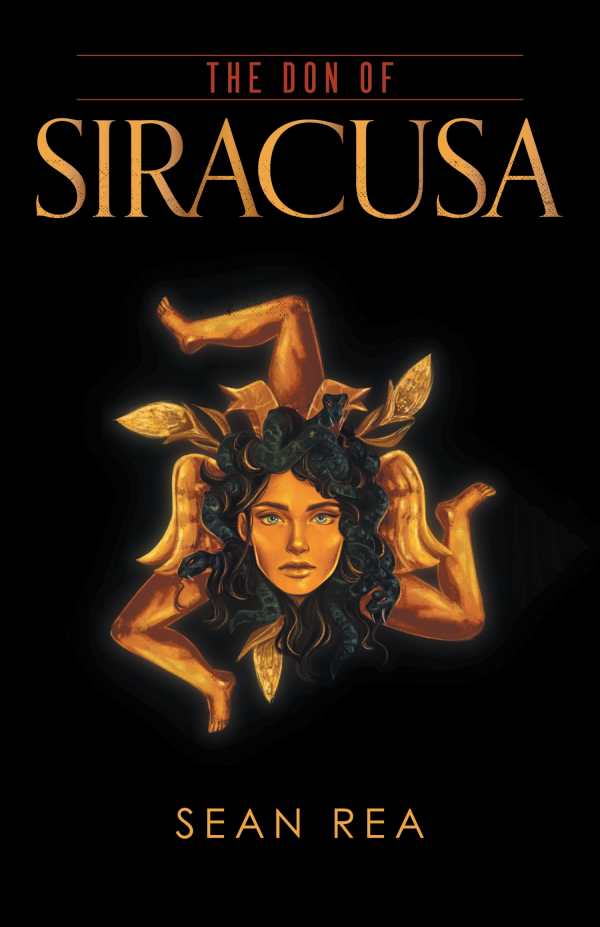The Don of Siracusa
The Don of Siracusa is a modernized mafia drama in which questions about morality, power, and revenge arise.
In Sean Rea’s engrossing drama The Don of Siracusa, a young man transitions from being a business professional to a mafia don, testing the loyalties and morals of those around him.
At thirty-six, Stefano has met many of his life goals. He’s a millionaire and the head of a major business. But his confidence is shaken when he finds that his business partners are stealing from him, meets a woman whom he can’t get out of his head, and is introduced to the infamous Benito Cuggi, whose power is unmatched. Betrayed by those he thought were friends and in the process of befriending men he thought were enemies, Stefano has access to a life beyond his wildest dreams—but it comes at a price.
Stefano is a smart, capable lead whose head for business comes through in several entertaining negotiation scenes. He transitions from a naïve business owner to a decisive mafia boss because of his established connections to others. His love interest, Arianna, exhibits confidence and beauty—traits emphasized by other characters. But within the story, Arianna’s role is first to “save” Stefano, and there are elements of misogyny involved in that. Theirs begins as a problematic relationship, though Stefano’s eventual confessions to Arianna are honest and emotional. They come to establish a genuine connection that’s tenderly conveyed.
Other characters are thoughtfully constructed, too, their backstories revealed in a slow but contextualized way that makes them easy to understand. Idiosyncrasies in their conversations help to individualize them.
The book’s modern take on mafioso life involves questions about ethical business practices and the importance of protecting family. As the story moves between the US and Sicily, its details about the locations are established through family connections, like Stefano’s memories of his grandmother that reemerge in his ancestral home. Sicily’s beauty is conveyed through poetic imagery.
While at first the story focuses on Stefano, it later transitions to other characters whose stories help to fill out the plot. Exciting action scenes punctuate Stefano’s personal development, and traumatic deaths drive his descent into darkness. He makes more and more questionable decisions. The conclusion is predictable but satisfying—particularly because of the elaborate and compelling ways that Stefano changes.
The Don of Siracusa is a modernized mafia drama in which questions about morality, power, and revenge arise.
Reviewed by
Delia Stanley
Disclosure: This article is not an endorsement, but a review. The publisher of this book provided free copies of the book and paid a small fee to have their book reviewed by a professional reviewer. Foreword Reviews and Clarion Reviews make no guarantee that the publisher will receive a positive review. Foreword Magazine, Inc. is disclosing this in accordance with the Federal Trade Commission’s 16 CFR, Part 255.

